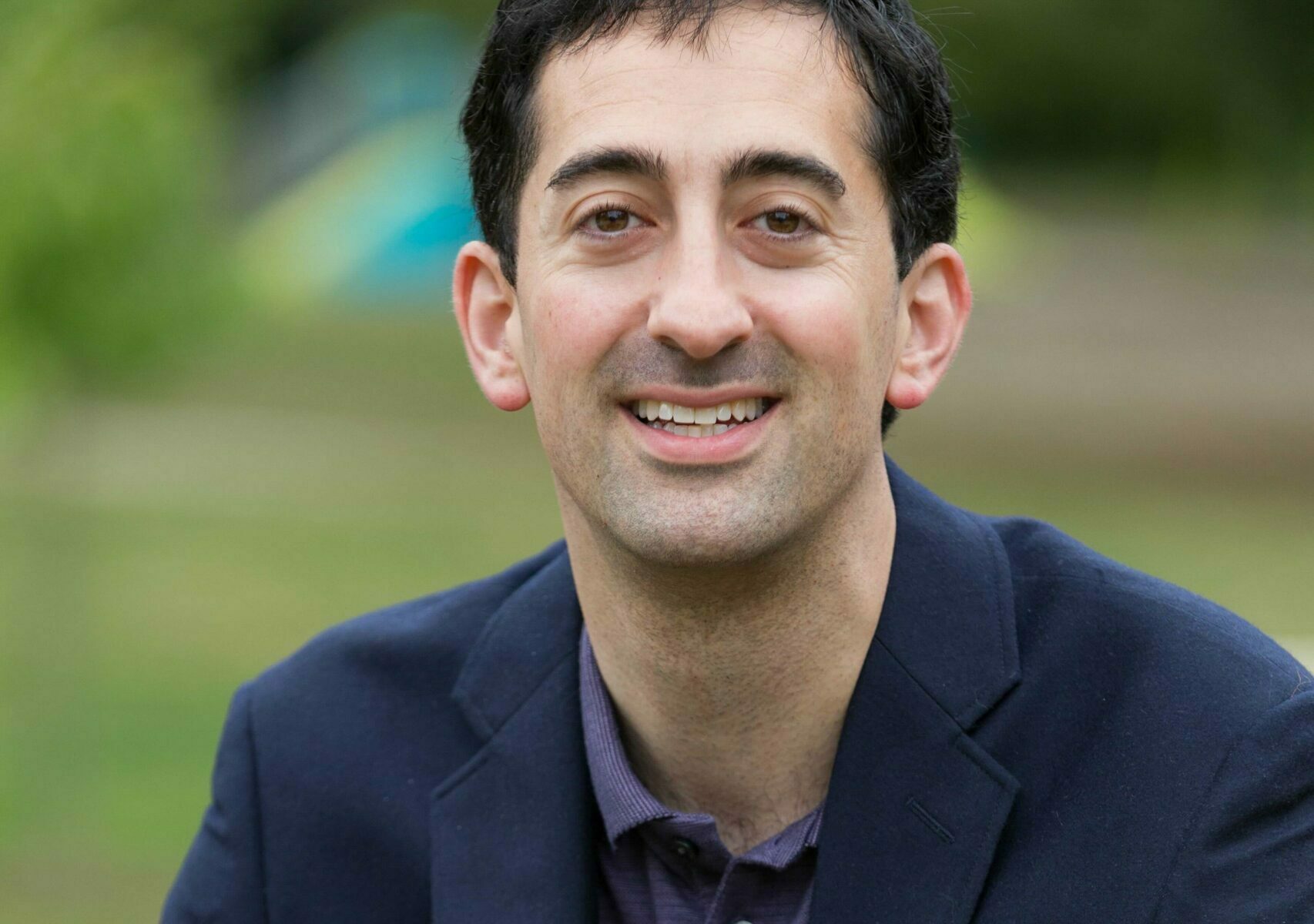West Lake Okoboji, Iowa
October 16, 2020
Trump’s EPA Putting Iowans & their Waterways at Risk
The Trump administration approach to water pollution has alarming similarities to its approach to coronavirus – ignore it and hope it magically disappears.
The Environmental Law & Policy Center (ELPC) released a report demonstrating the Trump administration EPA has backed away from Clean Water Act enforcement responsibilities in Iowa and the Midwest. The EPA is responsible for protecting our rivers and lakes by achieving water quality that is both “fishable” and “swimmable.” EPA must enforce the law in a tough-but-fair manner.
Unfortunately, ELPC’s report found the agency isn’t fulfilling its obligation and is potentially putting Iowans and our waterways at risk.
ELPC reviewed publicly available data and found EPA’s Clean Water Act enforcement has been declining in Region 7 covering Iowa, Nebraska, Kansas, and Missouri. The report’s concerning trends are similar to a report ELPC released in April on the agency’s efforts in the Great Lakes region. At every step of the enforcement process from case initiations to fines and fees for violations, EPA is taking less action to protect public health and Midwest waterways.
Between 2012 and 2016, EPA Region 7 averaged 199 Clean Water Act or Clean Air Act case initiations per year, but these numbers dropped to an annual average of 149 initiations for 2017 through 2019. Penalties for violations, when enforced, are less too. Since 2016, civil penalties in Region 7 Clean Water Act enforcement actions have fallen.
The downward trends in enforcement coincide with shrinking resources and fewer staff at the EPA.
During the Obama administration, the Republican-led Congress consistently cut EPA’s budget. Since taking office, President Trump has proposed substantial budget cuts each year as well. As of April 2020, EPA Region 7 has experienced a 22% staff reduction since 2011. Until recently, EPA often spent more on enforcement and compliance activities than Congress appropriated. However, beginning in 2018, EPA started spending less than Congress appropriated. EPA has much to do, but the agency is not even using the resources available to accomplish its work.
States aren’t likely to pick up the slack because they’re also experiencing budget cuts for enforcing clean water laws. In Region 7 states, there’s a general downward trend in state pollution control agency budgets that’s particularly pronounced for Iowa, which experienced the largest percentage reduction in its budget even though it already had a smaller budget than Kansas and Nebraska, despite its larger population.
One would expect that regulated industrial facilities may take fewer measures to ensure compliance with permit limits if they don’t think EPA or the state will enforce them. That’s exactly what we found. The EPA has retreated from its water protection responsibility with the expected result of more unchecked pollution.
It doesn’t need to be this way. To fix this problem, we recommend:
- EPA must improve environmental law enforcement and compliance activities, hire adequate staff, and deploy all funds appropriated by Congress.
- Congress should increase funding for EPA’s enforcement and compliance so there’s sufficient enforcement staff at EPA.
- Congress should increase funding to support enforcement and compliance activities by local environmental agencies.
The EPA has a vital responsibility to protect the public from water pollution and environmental degradation. Strong and effective Clean Water Act enforcement sends the right message to facility owners and operators to comply with the law and implement better pollution controls and operational approaches.
Safe, clean water is critical to protecting drinking water, aquatic habitat, and recreational opportunities. We need EPA to fulfill its essential role in ensuring clean water for all.
*This Op-ed originally ran in the Cedar Rapids Gazette.


